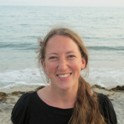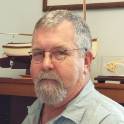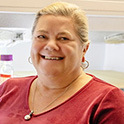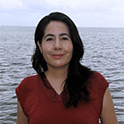
W. Joe Jones
Past Director of the UofSC Genomics facility, Joe Jones's research has focused on conservation genetics, genetic connectivity, and genetics of rare populations (especially in fish and plankton); molecular phylogenetics and ecology, microbial ecology, natural history, and technology development. As the Faculty Principal of Green Quad, his most recent work connects this expertise to undergraduate and graduate hands-on learning experiences in aquaponics and heritage landrace propagation.





